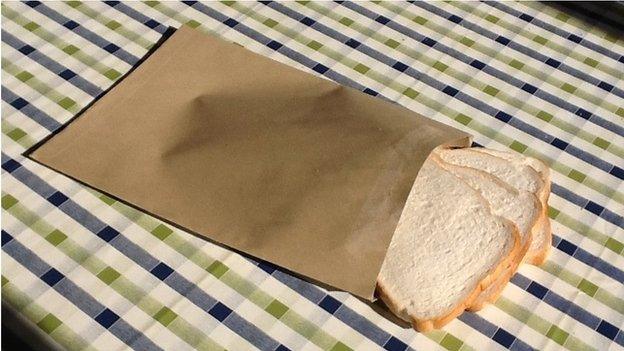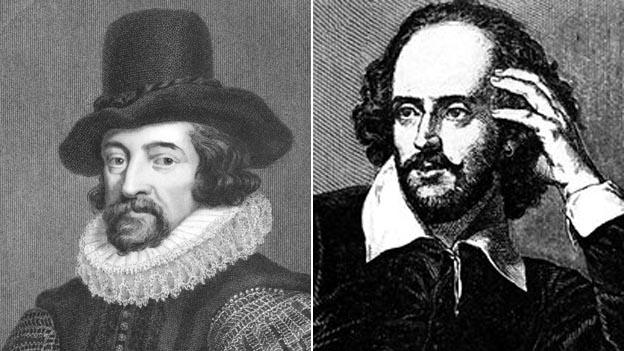The Vocabularist: The complicated history of the word 'bribe'
- Published

Most dictionaries say bribe meant "a lump of bread given to a beggar"
Fifa has been dealing with a slew of bribery allegations. But where exactly does the word "bribe" come from?
The medieval word "briber" meant a robber, beggar, trickster or general rascal and "bribe" meant various illicit gains they made.
Explanations of the words' origin usually cite Randle Cotgrave's 1611 French-English dictionary, external which says bribe in French means "a peece, lump or cantill of bread given to a begger".
Cotgrave quotes a proverb which says there is no life like that of a company of beggars "quand ils ont assemblé leurs bribes" - when they have pooled their "bribes".
He also says the verb "briber" meaning to beg or eat greedily is onomatopoeic, and comes from "the sound made by the lips of a horse that eats provender".
But dictionaries try to link the hunk of bread to words in many languages for breaking up or dividing.
And Spanish ones explaining the related word bribon claim it comes from the Greek "biblia" - meaning books, and therefore wisdom, and therefore craftiness.

Bacon and Shakespeare were using "bribe" in different senses at about the same time
Tracing the origin of a word which is mostly spoken rather than written and has no clear ancestry can soon land you in a kind of etymological soup. Did the villainy come after the begging, or the bread before the greed, or the other way round?
It took a while for "bribe" to settle down to its modern meaning of an illicit gift made to secure favourable treatment.
In the early 16th Century it was still possible to use "briber" to mean one who extorts a bribe, rather than offers it, and the meaning of "bribe" can be very close to "blackmail".
The jurist and philosopher Francis Bacon wrote in 1605, in a (very free) translation of Proverbs 28.21, external, that "a judge were better be a briber than a respecter of persons; for a corrupt judge offendeth not so lightly as a facile".
But the modern meaning was now dominant, with the King James Bible (1604-11) noting that the sons of Samuel "turned aside after lucre, and took bribes, and perverted judgment" and Shakespeare's Gloucester insisting in Henry VI Part 2 (1591) that he "never had one penny bribe from France".

The Vocabularist

Subscribe to the BBC News Magazine's email newsletter to get articles sent to your inbox.